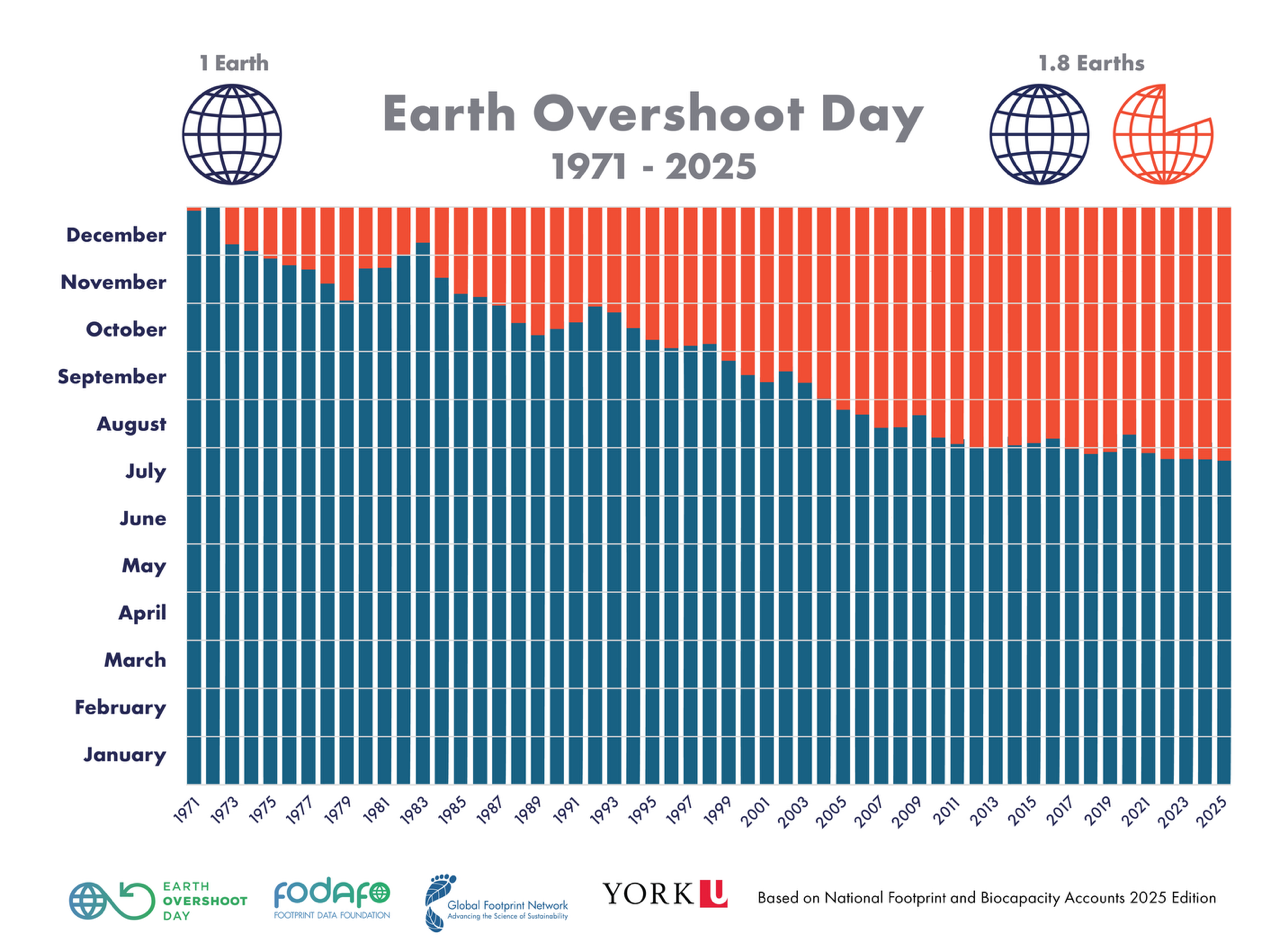“Alfie & Me” is a many-layered joy to read! Its main story is as delicious as they come. An orphaned baby screech owl is found and fostered by a human family who have the knowledge to sustain her. Even though there is much love in this story, there are also times of stress and doubt. Will Alfie (the owl) grow up to act like a wild animal? If she does, will she fly away and leave her human family? Will she survive living in the wild? Worse, will she not take to the wild life and have to remain a pet for the rest of her life?
The story of Alfie is the honey in this literary pastry. There are two other parts to this baklava book, however—chopped nuts, and thin, crisp layers of filo. The nuts are the real meat of the story. Compared to the sweet story of Alfie, these tidbits of philosophy, history and religion are more serious reading. The “Me” of this book, Carl Safina, trained as an ecologist, with work on sea birds. I am amazed that a biologist should have such deep knowledge of Eastern religions, Greek philosophy and other aspects of the origins of our modern society. He regrets the turns of events that have allowed modern humanity to have so little respect for the planet upon which we depend. He is especially troubled by Plato, who set the stage for the destruction of our planet which we are now experiencing.
Safina writes about the three forces that are destroying our world. They are: loss of biological diversity; human overpopulation; poisoning of our air and water—and of ourselves. It was refreshing for me to read someone who is so knowledgeable and who shares my concerns so strongly and eloquently. You will have to read the book to fill in the details of how Plato set us up for failure. You will also learn what these three horsemen of the apocalypse are doing to destroy us and the rest of the natural world.
Filo dough is the final component of this delicious book. It forms the structure of the baklava that holds it together and gives it shape. At first it was a bit disconcerting to me to go instantly from owl to Plato, but then I got used to it. After all, the book’s subtitle is “What Owls Know, What Humans Believe”.
The book documents a relatively short period of time, about a year during the early COVID pandemic. It also takes place in a small geographic area in New York state—mostly in Carl and Patricia Safina’s yard, plus a little surrounding territory with woods and neighbors’ yards. There is also the stop sign on the street in front of the Safina home, and several other landmarks that I’ve gotten to know well. It is a territory sized to a small species of owl, but also a friendly space that we get to know from Safina’s fine descriptions. This is the compact but complex space describing “what owls know”.
The scope of the philosophizing, however, is much broader than the owl territory. It covers millennia, its physical dimensions vary from subatomic particles to the universe, and it heads from the concrete to the spiritual. This vast breadth of subjects explains “what humans believe” in the subtitle. A recurring theme of the book is that our species has had the liberty to fabricate lots of ideas that explain the mysteries of our human experience, while animals cannot afford to indulge in this sort of nonsense.
“Alfie & Me—What Owls Know, What Humans Believe” puts Carl Safina in the same league with top nature writers/philosophers such as Rachel Carson, Ed Abbey and Robin Wall Kimmerer.
©Richard Grossman MD, 2025

